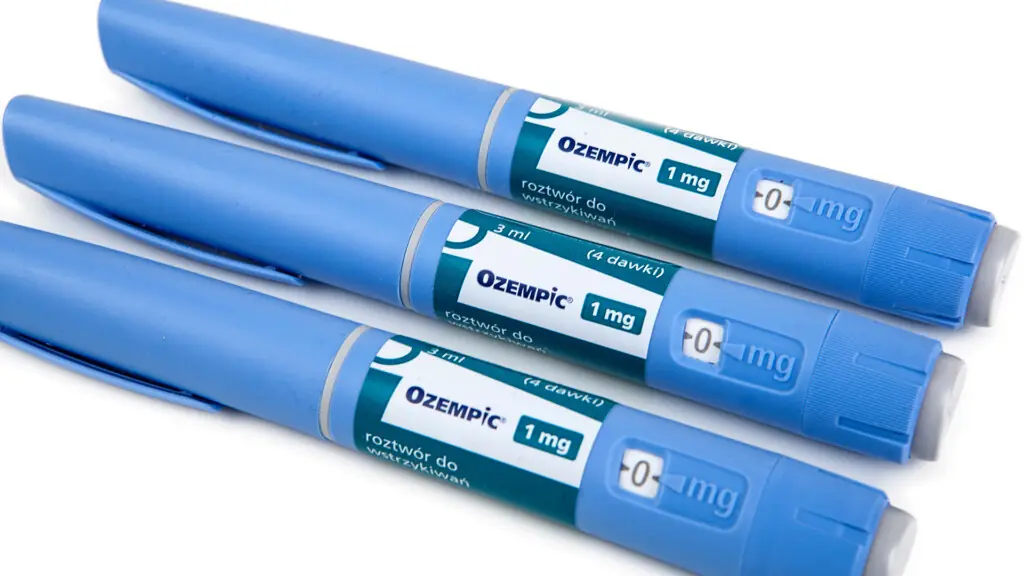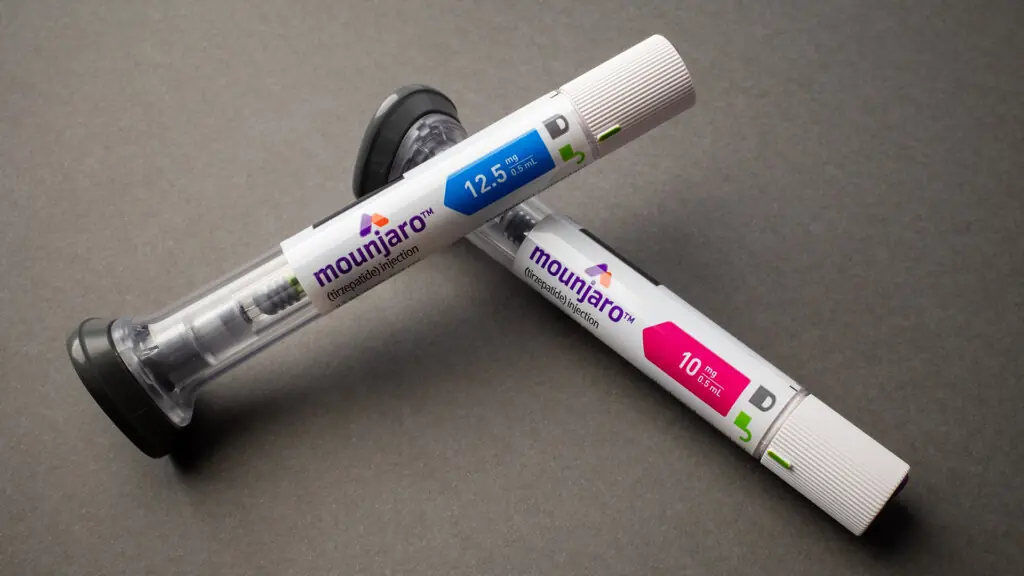Rachael Joy, chief clinical officer at SheMed, explains why pharmacological weight-loss solutions are not always the answer.
Half a million Britons are now using drugs like Wegovy, Mounjaro and Ozempic to lose weight, but the vast majority are unwilling to wait years for an NHS health evaluation before receiving GLP-1 treatment.
To expedite their weight-loss journey, many are accessing online pharmacies willing to fill these prescriptions with no more than a simple medical history form, submitting their weight, height and photograph without requiring a full health assessment. It’s a welcome shortcut for overweight Brits, but it also increases the risk of health complications by allowing medications to be taken by the wrong cohort.
For one thing, relying exclusively on body mass index (BMI) and a short questionnaire fails to identify pre-existing health issues that would contraindicate GLP-1 treatment. For another, weight and photos can be easily manipulated to secure prescriptions for those who don’t meet BMI standards. This potentially exposes users to serious side effects caused by medications they don’t even need. In addition, focusing only on BMI misses opportunities to detect undiagnosed conditions that require medical intervention unrelated to weight control.
As it turns out, both diagnosed and undiagnosed conditions of concern are common among prospective GLP-1 users.
According to a SheMed study of 16,000 women who took the company’s mandatory blood test before enrolling in their medically supervised weight-loss programme, nearly 500 had underlying conditions that would disqualify them from GLP-1 use or that needed to be addressed before beginning a GLP-1 regimen, and 99% showed some abnormality of which participants were not previously aware.
These findings highlight the need to tighten today’s weak GLP-1 eligibility standards. Improved medical oversight can not only help protect patients from adverse reactions in the short term but also minimise any long-term complications in what is likely to be a lifelong treatment plan. In addition, requiring more rigorous screening can provide a unique opportunity for patients to gain insight into the longer-term benefits of GLP-1 treatment.

Risks of inadequate screening
Many of the red flags associated with GLP-1 use involve metabolic health issues such as cholesterol and blood sugar.
Both high triglyceride levels and GLP-1 medications are associated with an increased risk of pancreatitis, for example, so combining the two can significantly elevate that risk. Similarly, individuals with poorly controlled diabetes may be at risk of hypoglycaemia, dehydration and electrolyte imbalances if GLP-1 therapy is started without adjusting existing diabetes treatment.
In other areas, severe liver disease, such as liver cirrhosis, can be worsened by GLP-1 treatment because these medications impact liver enzymes, some thyroid conditions may interfere with how the medication works or in some cases are contraindicated because of the increased risk of certain types of tumours, for women with polycystic ovary syndrome, GLP-1 injections can help improve insulin resistance associated with PCOS, but the weight loss and hormonal changes caused by the medication can affect menstrual cycles and fertility, and for those with psoriasis, GLP-1 medications have been shown to reduce symptoms by reducing systemic inflammation, but some reports suggest they can also contribute to psoriasis flareups.
Patients who can meet with NHS healthcare professionals to ask for pharmacological weight management treatments will most likely be screened for conditions like these, but the long wait to secure an appointment has sent tens of thousands of consumers to private providers that fail to require any qualifying medical testing or ask any questions beyond BMI. Many of these providers also offer inadequate levels of support, leaving patients with limited guidance on dosing, follow-up care and potential side effects. This increases the risk of adverse reactions, medication misuse and abrupt treatment discontinuation without proper management.
Consider the experience of one current SheMed patient who initially received a GLP-1 prescription from an online pharmacy. The company sent her the weight-loss medication injection pens with no instructions on how to self-administer the weekly shots, no telephone number to call for advice, and no responses to her email inquiries in three months, forcing her to consult friends and YouTube videos to begin treatment.
It’s hard to imagine a clearer violation of medical ethics.

Need for new regulations
Several months ago, the General Pharmaceutical Council (GPhC) tightened regulations around online prescriptions for obesity medications.
Instead of accepting patients based on weight or BMI and self-reported health conditions, pharmacists now will need to verify the person’s height, weight and/or BMI independently through video consultation or other means. But that still leaves thousands of would-be weight-loss patients who want to bypass the wait for NHS appointments at risk by failing to mandate medical testing. People can still easily lie, put weights on their pockets, use photos of other people and take advantage of other regulatory loopholes to receive GLP-1 prescriptions for which they don’t qualify or that could endanger their health.
Until the problem is resolved, patients seeking pharmacological weight-loss treatment should seek out providers that have implemented stringent protocols to help prevent medical complications.
SheMed, for example, requires a comprehensive at-home blood test, strict ID and BMI verification, and a comprehensive questionnaire about medical history, current medications and existing health conditions to confirm initial eligibility for GLP-1 treatment and prevent medication misuse. The company also includes a robust follow-up programme with suggested blood tests at six and twelve months to identify adverse reactions; weekly weigh-in calls, monthly questionnaires and check-ins to track participants’ progress and safety; and live check-ins and refill questionnaires to continue receiving GLP-1 medications.
Most importantly, consumers seeking pharmacological weight-loss solutions need to be sure to work with providers that look beyond the scale before dispensing GLP-1 prescriptions. These new-age weight management treatments hold a world of promise for many Brits who need to shed excess pounds, but like every medication, they carry risks for some people. It’s time for UK regulators to impose stricter prescribing practices to help address rising obesity rates safely for everyone – whether through NHS or private providers.



